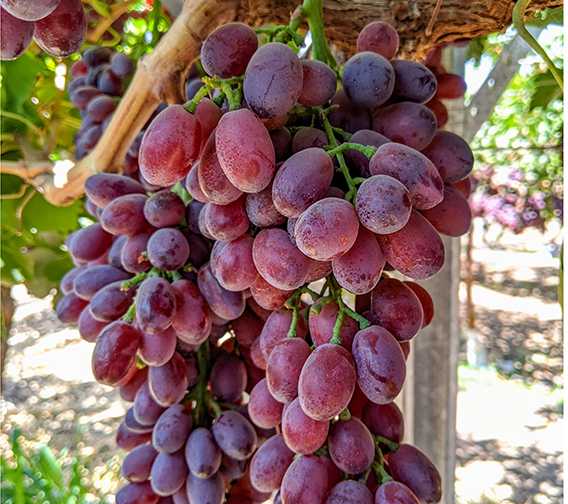Preparing For Agriculture’s Future [Opinion]
I got invited to serve on a panel recently that was tasked with judging a series of presentations given by four small groups of high school students.

The project assigned to these teams was to study and report the role of genetically modified organisms (GMOs) in current and future agriculture. I want to be clear from the start that I am not preparing this article to praise or condemn that particular technology. No — I’m more interested in talking about how studying the technology made each of those students do some in-depth thinking about a subject vital to all of us: Agriculture.
To understand their assignment, these high school juniors needed at least a fundamental grasp of the function of the DNA molecule and the mechanisms used for gene insertion.
The students also provided the panel with information on traditional breeding techniques, meaning that all of them spent a portion of their time discussing the contributions made by Gregor Mendel, the monk who worked out the principles of inheritance with his landmark studies on sweet peas. Good stuff, all of it!
Technological Strides
Agriculture, like most of mankind’s endeavors of late, has certainly benefitted from the technological revolution that has taken place in all walks of life over the last two decades.
Think about it. The high-techfarm now has GPS-guided tractors, remote systems to warn us if something goes wrong in the potato cellar or the grain bin, along with continuing refinements in precision water, fertilizer, and pesticide applications. The computer has come to the farm.
Challenges Ahead
It’s no secret that the challenges facing humanity in the coming decades will be formidable. Much of the technology we currently employ to produce our food, including the previously mentioned GMO crops, are coming under closer scrutiny by the public than ever before.
The ins and outs of the chemistry and the fate of fertilizers and pesticides in our environment can be opaque and scary, especially for those without the proper background to understand these complex systems. If they can’t pronounce it, it must be bad! The key, of course, is education and engagement.
What I was struck by during this exercise was that GMO crops provided a touchstone, a gateway for getting a group of tech-savvy high school students to actually think about where their food comes from and how it’s produced.
This kind of engagement is a good thing. These young people and others like them will inherit the world that older folks like myself will be handing off to them in the not-so-distant future. It’s a good feeling to know that some of them are taking steps to get prepared.










